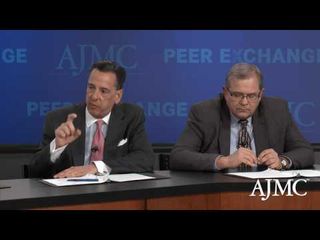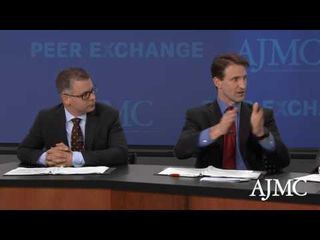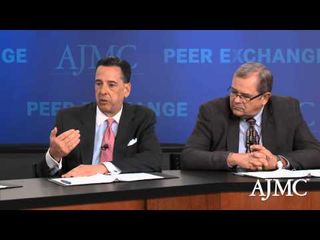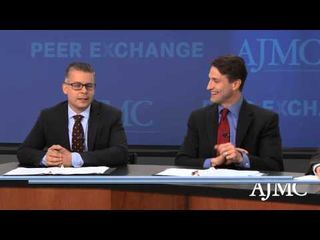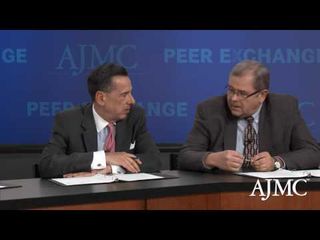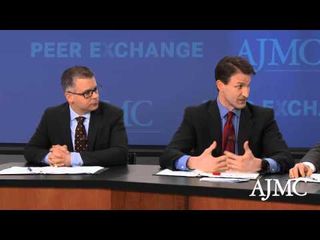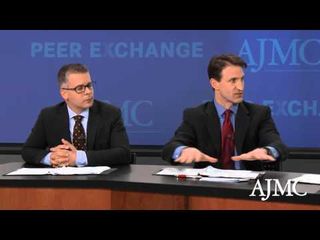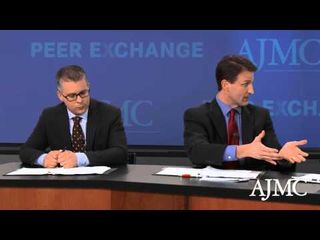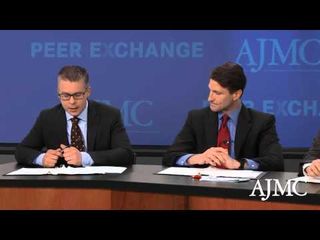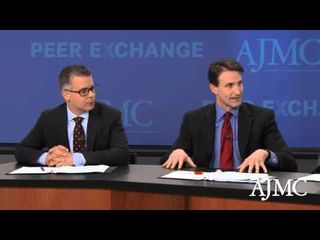
Health Care Cost
Latest News

Latest Videos

CME Content
More News

Patients with chronic obstructive pulmonary disease (COPD) are more likely to die in the year after undergoing surgery and rack up higher health care costs post-operation, study finds.


No difference in treatment efficacy was observed between intranasal mometasone furoate and saline for the management of sleep-disordered breathing (SDB) symptoms in children, with findings indicating that almost one-half of children with SDB could be initially managed in the primary care setting.

Two ranibizumab biosimilars launched in the United States in 2022, but a new report shows comfort and familiarity with biosimilars has gone down compared with a year ago.

Greater availability of naloxone spray, including over the counter, may reduce opioid overdoses; vaccination rates drop once again for US children; some experts question the necessity of the updated COVID-19 booster shot.

Expanded health coverage sees an increase in enrollments; Antiabortion activists protest against CVS and Walgreens; $26,500 Alzheimer’s drug limits affordability

The 10 drugs selected for Medicare Part D price negotiation with HHS will be announced on September 1, 2023, HHS said Wednesday.

President Joe Biden expected to renew COVID-19 public health emergency (PHE) one more time; Bristol Myers Squibb and Pfizer are denied by the Supreme Court; funding for the 988 mental health helpline expands inclusivity efforts.
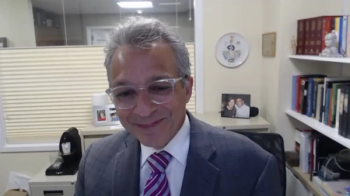
The FDA’s approval of lecanemab for Alzheimer disease is very important, but there will remain significant challenges around pricing and access that will need to be addressed to deliver on the promise the therapy actually represents, said Alvaro Pascual-Leone, MD, PhD, of Harvard Medical School.
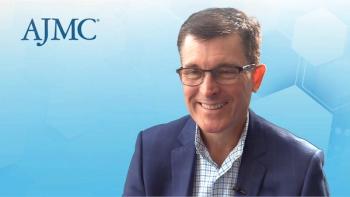
We want to make it easy for our patients to manage and navigate the financial toxicity they encounter from their cancer care, noted Mike Koroscik, MBA, MHA, vice president of oncology, Allina Health and the Allina Health Cancer Institute.

Dual-regimen abortion pills authorized for pharmacy sale by FDA; health professionals turn a critical eye to US concerns about COVID-19 in China while domestic cases rise here as vaccination rates drop; drug manufacturers are collectively raising prices early this month on medications from autoimmune treatments to shingles vaccines to cancer treatments.

The Chinese government warns of backlash for countries requiring COVID-19 testing of travelers from China; monoclonal antibody drugs show some promise against infectious diseases, but costs need to be lower; the role of FDA and Biogen in approving Alzheimer drug Aduhelm is detailed in a scathing Congressional committee report.

The addition of adalimumab biosimilars to formularies can help accelerate realized savings as the blockbuster drug Humira faces competition from multiple biosimilars, including 1 approved interchangeable biosimilar.

Incidence of Parkinson disease in North America was 50% higher than previous estimates of 60,000 diagnoses annually.

The top biosimilars content of 2022 reviewed perceptions around switching to a trastuzumab biosimilar, drug costs, and the successful implementation of biosimilars in practice.

Most older US adults have concerns about emergency department visit affordability. Lower income, being uninsured, poor or fair physical/mental health, and younger age were associated with increased concerns.

The effects of the COVID-19 pandemic were clear in the US national health care expenditure analysis of spending last year, as federal spending dropped, but health care use rebounded in 2021.

The novel coalition was announced at the Institute for Healthcare Improvement (IHI) Forum, which took place December 4-7 in Orlando, Florida.

A session at the 2022 American Society of Health-System Pharmacists Midyear Clinical Meeting & Exhibition reviewed some trends in the 340B drug pricing programs and Medicaid.

Costs are an adverse effect of treatment just like any other adverse effect, with slightly more patients worried about the financial impact of their cancer diagnosis than they are about actually dying from their disease, noted Fumiko Chino, MD, of Memorial Sloan Kettering (MSK) Cancer Center.
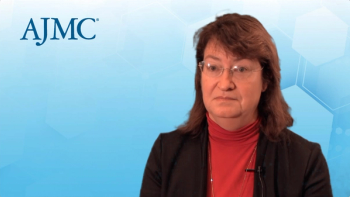
Once patients with HIV start treatment, pharmacists can play a key role in addressing patient accessibility and affordability of HIV treatments and promoting adherence, said Dena Behm Dillon, PharmD, AAHIVP, HIV clinical pharmacy specialist, University of Iowa Health Care.

Due to anticompetitive practices, the United States lags Germany and Switzerland in the number of biosimilars on the market, while also having substantially higher prices for both biosimilars and reference products.

The increasing complexity and costs of oncology care and resulting patient financial toxicity is driving more health systems to adopt oncology stewardship principles in their pharmacy practices, according to a session at the American Society of Health-System Pharmacists (ASHP) 2022 Midyear Clinical Meeting & Exposition.
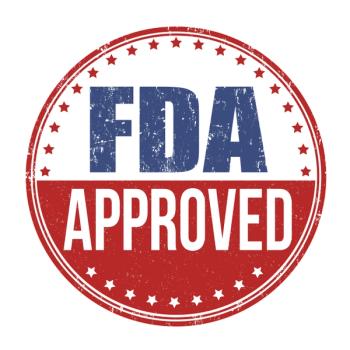
Ferring’s Rebyota, a novel first-in-class microbiota-based live biotherapeutic, has been approved by the FDA for the prevention of recurrence of Clostridioides difficile infection (CDI) in individuals 18 years and older, following antibiotic treatment for recurrent CDI.

Melissa O'Connor, PhD, MBA, RN, FGSA, FAAN, endowed professor in community and home health nursing, M. Louise Fitzpatrick School of Nursing, Villanova University, and director, Gerontology Interest Group, addressed barriers related to access, cost, and knowledge impeding technology use in home health.



